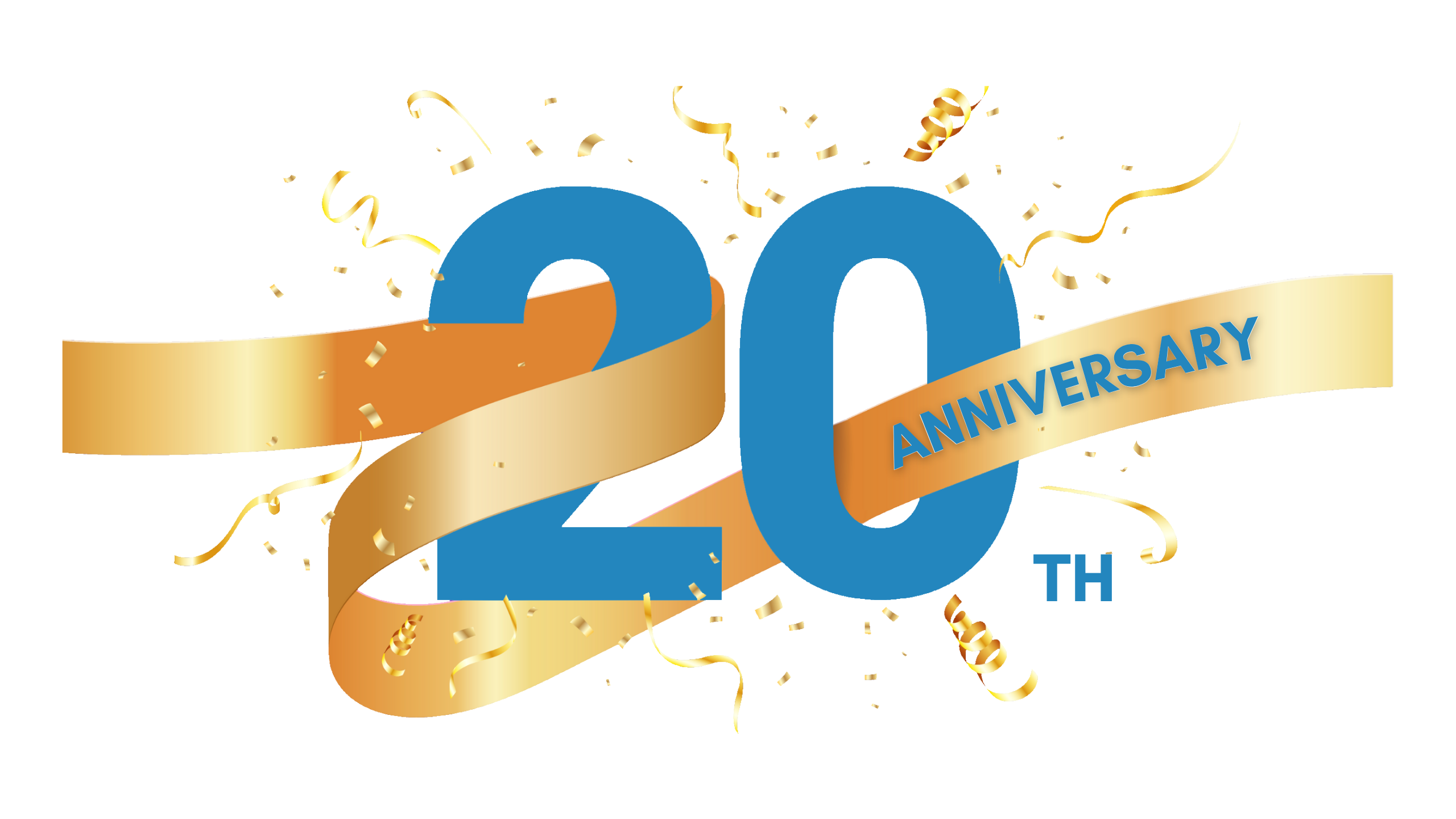* Terms and Conditions apply.
Contact Us
Fill in the form below or you can also visit our contact us page.

Over the years I have been involved in career counseling and operating, running and lecturing in a variety of training centres. The following article give some general tips and advice on choosing a career and getting the job you desire.
Job satisfaction is important.
Plan your career
If you are entering the work force, you need:
What are you good at? First identify your interests and strengths.
Try, if possible, to travel, so you meet many types of people from different social and ethnic backgrounds. Speak to career counselors and guidance officers. These types of activities will make it easier to know your own mind.
It is always a good idea to make a plan of what you want to do and how to go about it.
Make four lists
1. Your academic qualifications and your special talents
2. Jobs you enjoy most
3. Things you do best
4. Jobs you dislike doing most.
Start looking for a career that would make the best use of your qualifications, experiences and talents and has the most tasks you enjoy and the least tasks you dislike.
Think about what sort of life style do you want and the standard of living you would like and then decide which careers will give you these things.
Take a long-term approach
Be prepared to take a long-term approach to a career. This might involve years of study at a university. Join organisations that have strong training programmes and good career paths and ones which allow employees paid time off to study. Ambitious people often have better prospects if they join large businesses or international organisations.
Get professional advice
Get advice from career counsellors - they have been trained to help you. You don't have to take their advice but they can give you leads, confirm your ideas or suggest alternatives.
Get work experience
Before you settle on a career get as much work experience as possible in a variety of jobs. Take holiday jobs in different areas and in different countries if possible. Try working in a hotel, a shop, an office or a factory, until you find a job you enjoy. That will give you a lead towards your career.
Overcome your weaknesses
First identify your weaknesses. If you want to set up a business and you lack the necessary skills, make an effort to learn from someone who has these skills. Go back to college, to a technical college or a university. Be prepared to study, regardless of your age. Read books, attend seminars, join clubs to help strengthen areas you will need in your future career. For example, if you want to be a teacher you will need strong leadership and communication skills as well as technical skills. If you make up your mind and you are determined enough, you will succeed.
Get professional advice
Get advice from career counsellors - they have been trained to help you. You don't have to take their advice but they can give you leads, confirm your ideas or suggest alternatives.
Get work experience
Before you settle on a career get as much work experience as possible in a variety of jobs. Take holiday jobs in different areas and in different countries if possible. Try working in a hotel, a shop, an office or a factory, until you find a job you enjoy. That will give you a lead towards your career.
Overcome your weaknesses
First identify your weaknesses. If you want to set up a business and you lack the necessary skills, make an effort to learn from someone who has these skills. Go back to college, to a technical college or a university. Be prepared to study, regardless of your age. Read books, attend seminars, join clubs to help strengthen areas you will need in your future career. For example, if you want to be a teacher you will need strong leadership and communication skills as well as technical skills. If you make up your mind and you are determined enough, you will succeed.
Get your foot in the door
Make the most of any contacts you have to get started in the organisation you would like to work for. If you have none, dress smartly, take your personal fact sheet and talk to the personnel manager. Ask to be put on their waiting list for future jobs. Keep in contact with the personnel manager. Don't wait for them to call you. Telephone often or call in to see if any positions are becoming vacant. Be willing to take a temporary job, a holiday job or a mundane job to get started. Work hard and show people you are ambitious and keen to work your way up in the organisation.
Don't get in a rut
If you are not happy in your job, change it. There are plenty of jobs if you have the talent, qualifications, skills and the determination.
'Make big plans - Small plans arouse little enthusiasm.'
Applying for that job or course that you want. - The following is just some basic tips on writing a Curriculum Vitae and attending an interview
CV (Curriculum Vitae): Your personal fact sheet
The first thing you should do when you are thinking about applying for jobs is to prepare your personal fact sheet, called your CV or resume.
It should be typed neatly and well set out on good quality A4 paper.
Keep it simple and as short as possible. Attach a recent photograph - one where you are smartly dressed.
Attach photocopies of appropriate certificates and references.
Your CV should contain the following information:
Interviews when applying for a job or attending an university interview.
Do your homework thoroughly. Find out about the organisation or university